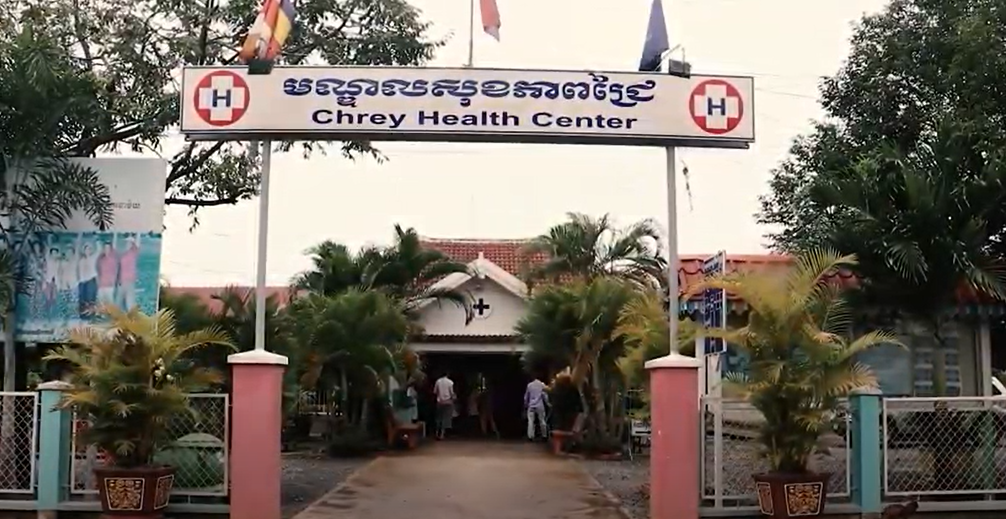Aggressive marketing of infant formula in health facilities discourages breastfeeding. The International Code of Marketing of Breast-milk Substitutes (the Code) prohibits any type of promotion of breast-milk substitutes (BMS) in health facilities. The Code calls on health workers to protect parents from predatory BMS industry marketing practices and has specific provisions for health workers on how to avoid engagement with these companies. Health workers have a responsibility to ensure that mothers are supported to make informed decisions about breastfeeding free from commercial influence.
In 2005, the Cambodian government adopted many provisions of the Code as the national standard in Sub-Decree 133 on Marketing of Products for Infant and Young Child Feeding. The Cambodian government has been taking strong steps to protect the health and well-being of children. Helen Keller International Cambodia has been supporting the Ministry of Health and Ministry of Commerce to provide BMS monitoring training to subnational inspectors from 25 provinces of Cambodia. Inspectors are trained to monitor and report violations of Sub-decree 133 as part of their routine activities in health facilities and retail locations.
Helen Keller International Cambodia takes a closer look into what motivates health workers to comply with the Code. Hear from health workers in Battambang province, Cambodia as they share their experiences enforcing Sub-Decree 133. Health workers play a critical role in educating mothers and caregivers about appropriate infant and young child feeding. Here, nurses, doctors, and midwives alike pledge to avoid all engagements with breast-milk substitute companies.

